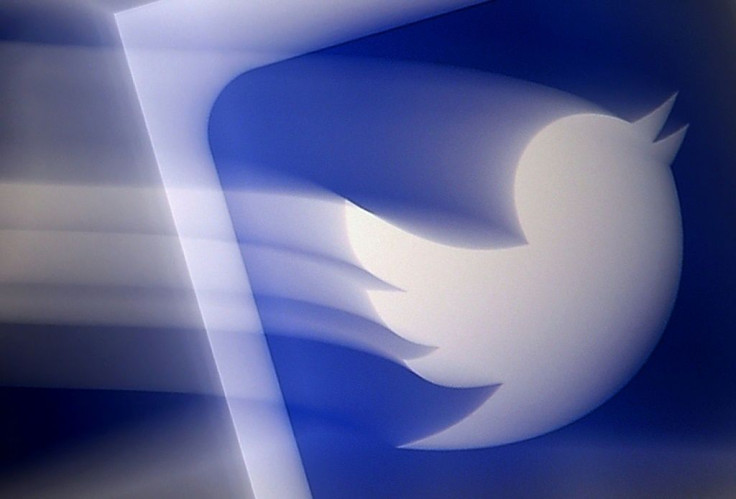Twitter Launches 'Election Hub' To Help With Voting Process During Pandemic

Social media giant Twitter on Tuesday announced the creation of a “2020 U.S. election hub” to simplify the voting process. It will provide information on registration, candidates and early voting options.
“...[W]e also know that at times it can be hard to quickly find the reliable news and accurate information people need in order to meet registration deadlines and participate confidently,” Twitter said in a statement.
Users will find the hub at the top of their “explore” tab on the app, which will include news in both English and Spanish, live streams of debates and public service announcements created with “...information from nonpartisan government and voting advocacy organizations,” Twitter said Tuesday in a blog post.
We're launching a US election hub to make it easier to find accurate information and resources about the 2020 election.
— TwitterGov (@TwitterGov) September 15, 2020
Starting today, if you're in the US, you'll see the hub at the top of your Explore tab. _ pic.twitter.com/OhzKOTPPj5
The announcement comes as the platform tightens its rules against voting misinformation and election interference. To help ensure accurate information, Twitter bans political advertising, labels candidates and government-affiliated accounts and removes harmful and misleading content.
The first PSA released Tuesday features information on mail-in absentee balloting. President Trump, who is a frequent Twitter user, has criticized mail-in ballots and has cited without evidence a high chance for inaccuracy and fraud.
Bloomberg recently noted Attorney General William Barr's criticism of mail-in ballots. Barr has claimed that foreign adversaries could issue counterfeit U.S. mail-in ballots to interfere with election results. Election officials say this type of wide-scale counterfeit would be “logistically impossible.”
Foreign actors like Russia are playing on this criticism of mail-in voting by U.S. officials like Trump and Barr, the Department of Homeland Security cited in an intelligence bulletin.
“We assess that Russian state media, proxies, and Russian-controlled social media trolls are likely to promote allegations of corruption, system failure and foreign malign interference to sow distrust in democratic institutions and election outcomes,” the bulletin said.
While most of the charges against mail-in voting have come from Republicans, bipartisan officials are recognizing problems with misinformation with the U.S. Postal Service. Most recently, officials in four states are admonishing mailers sent out by the Postal Service telling voters to request their ballots before Nov. 3, which is not accurate information for all states. In Utah, for example, all registered voters are automatically mailed ballots 21 days before Election Day.
© Copyright IBTimes 2025. All rights reserved.



















